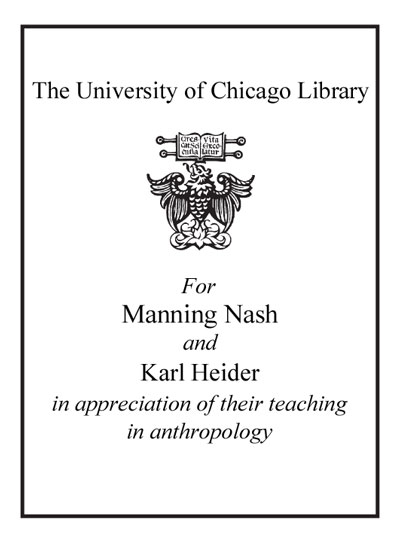Review by Choice Review
The Friedmans, both social anthropologists (Lund Univ.), argue that their global systems approach predates and is much more comprehensive than current, widely cited theories of globalization in and beyond anthropology, e.g., the work of Arjun Appadurai. In these essays (several republished from the 1970s), the authors critique materialist, evolutionary, elitist, and development theoretical approaches in archaeology and anthropology. In the tradition of Levi-Strauss, but without mention of Bourdieu or Giddens, the authors employ a structural approach to human history that embeds human agency within global systems that structure thought and action. They advocate looking beyond distinctions between precapitalist and capitalist societies and fixations on the nation as the unit of analysis by looking at how global systems (e.g., trade networks) have always connected localities. Examples of imperial decay are offered as parallels with the current moment in the global system. This book is not recommended for undergraduate readers, and only for specialized graduate courses. It is most relevant for professional readers interested in the history of systems theory and Marxist discussions of capital and social reproduction (the concept the authors stress in the book). Summing Up: Optional. Faculty and specialists. A. E. Kingsolver University of South Carolina
Copyright American Library Association, used with permission.
Review by Choice Review

